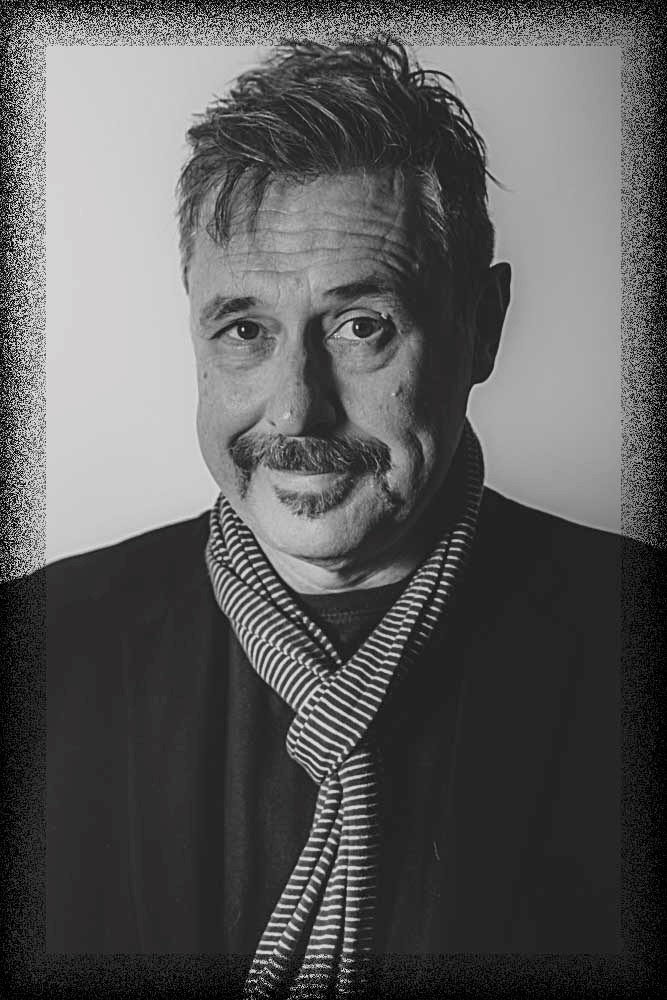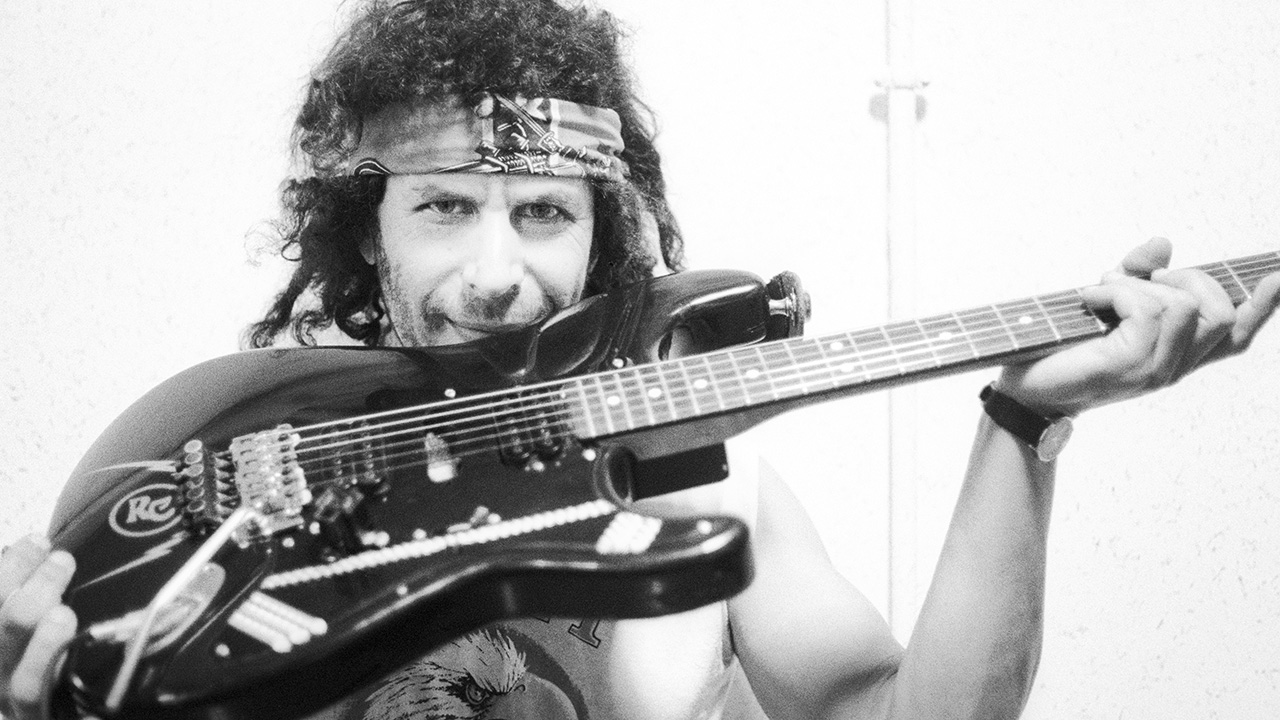How The Who and Camel manager Max Hole kick-started his career
Max Hole managed some of the biggest names in music, including The Beatles, The Who and the Stones – but it all began with Canterbury’s Spirogyra and Camel, and a love of prog rock
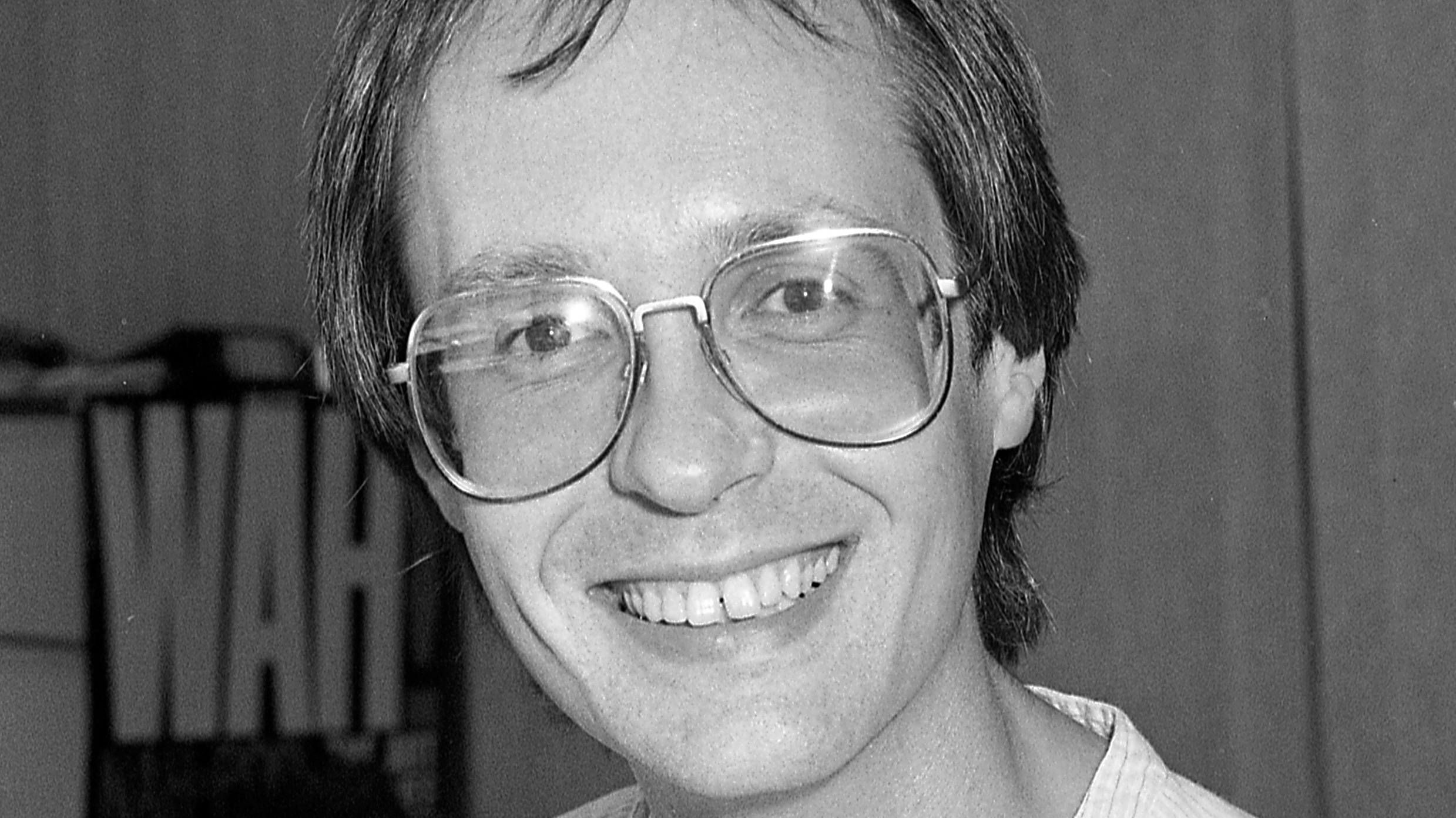
Select the newsletters you’d like to receive. Then, add your email to sign up.
You are now subscribed
Your newsletter sign-up was successful
Want to add more newsletters?

Every Friday
Louder
Louder’s weekly newsletter is jam-packed with the team’s personal highlights from the last seven days, including features, breaking news, reviews and tons of juicy exclusives from the world of alternative music.

Every Friday
Classic Rock
The Classic Rock newsletter is an essential read for the discerning rock fan. Every week we bring you the news, reviews and the very best features and interviews from our extensive archive. Written by rock fans for rock fans.

Every Friday
Metal Hammer
For the last four decades Metal Hammer has been the world’s greatest metal magazine. Created by metalheads for metalheads, ‘Hammer takes you behind the scenes, closer to the action, and nearer to the bands that you love the most.

Every Friday
Prog
The Prog newsletter brings you the very best of Prog Magazine and our website, every Friday. We'll deliver you the very latest news from the Prog universe, informative features and archive material from Prog’s impressive vault.
Max Hole retired from his position as chairman and CEO for Universal Music International For The World Excluding North America in 2015. He had enjoyed a long, illustrious career of working with multimillion-selling artists such as Chris Rea, Simply Red and André Rieu through his time at Warner Brothers and Universal. However, the roots of his global boardroom success lay very much in the prog scene of the late 60s and early 70s.
Predominately associated with managing Camel, Hole looked after a variety of acts before making the leap into record companies in the 80s. Originally he entered the music industry through a tried and tested route back in the day: by promoting concerts at university.
Born in Kensington, west London, Hole grew up in a family that appreciated jazz and classical music. Like many of his peers, however, he was galvanized by hearing The Beatles at the age of 12, and becoming besotted with pop music. He was exactly the right age at the right time, and he was heavily into the big three of the day: The Fabs, the Rolling Stones and The Who.
“I fell in love with The Beatles in 1963, and especially John Lennon. I then discovered the Rolling Stones, The Who, Joni Mitchell, Bob Dylan and later Sting. There are so many artists that I have loved.”
Hole remains that rare breed: a manager and executive who lives and breathes music.
Camel were the most successful recording artists I managed – their touring was very successful and they had several big-selling albums.
Getting a place at Canterbury University in Kent to study law, Hole quickly became involved in sundry extracurricular activities, most of which revolved around music. He got a job on student radio and soon became social secretary. He took a leap into the unknown by booking The Who on the second leg of their post-Woodstock university tour that had seen them record Live At Leeds earlier in that year.
Sign up below to get the latest from Prog, plus exclusive special offers, direct to your inbox!
A look at the advert for the gig shows prices pegged at 20 shillings in advance and 25 shillings on the door. This was a lot of money for university shows at the time. To make the gig look even greater retrospectively, The Who had the still‑to-release-Trespass Genesis as their support act, making it quite a line-up indeed.
Hole still talks of the coup with an air of disbelief at promoting one of his favourite bands at the age of 18: “I booked The Who on May 8, 1970 for £1,000 and we made money! It was an amazing concert.”
The money in question was £150, but it was still a profit. And he could always say he’d promoted The Who! The advert also showed what was on the following week: a bill including Michael Chapman and Spirogyra, two acts that would feature heavily in the next phase of his career.
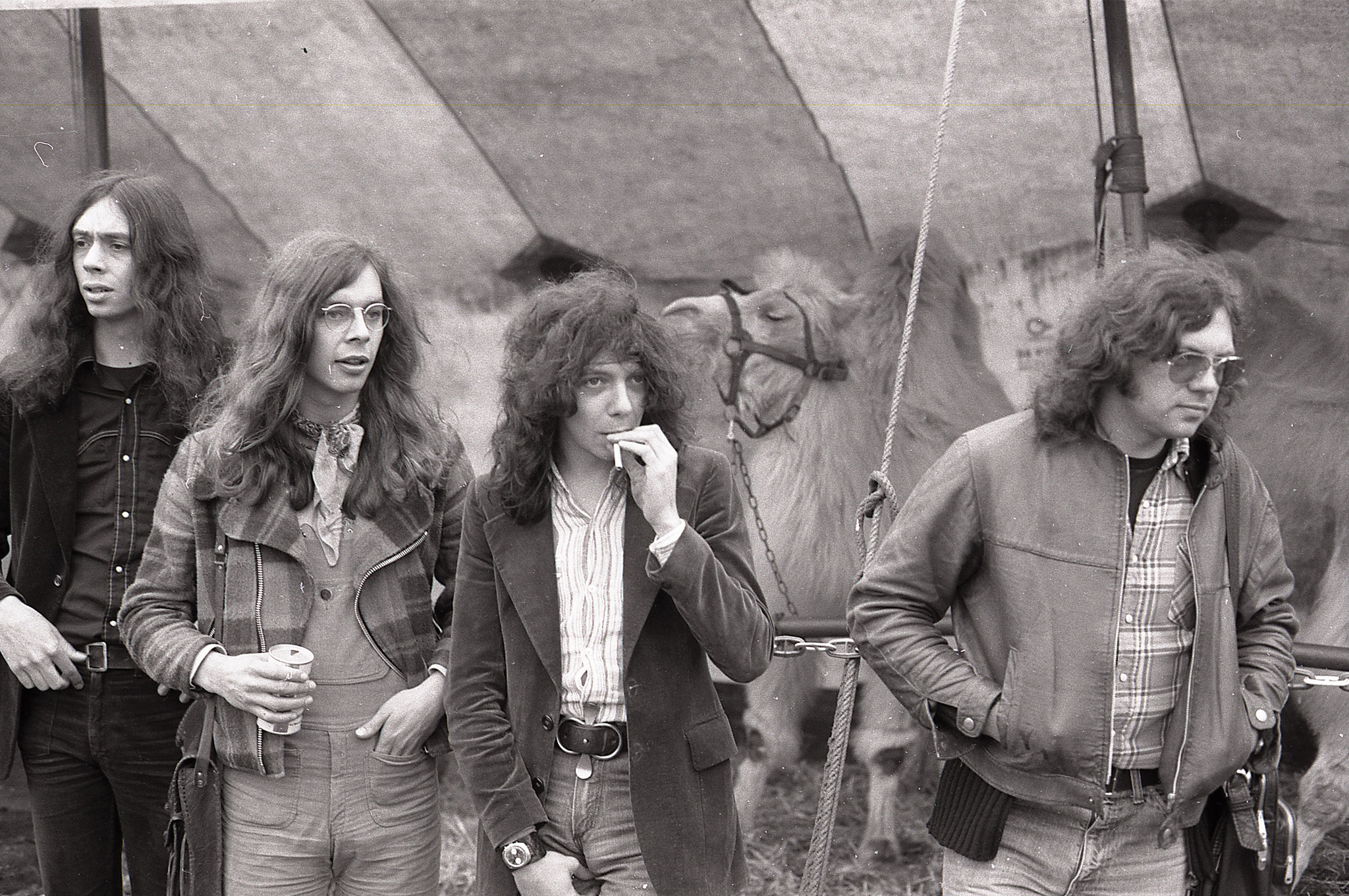
Hole plugged into a world of managers and agents as he ran the Folk Club at Kent and “played a song on my guitar every week”. However, performing was to be one of the few areas in which he wasn’t to excel. “I realised I wasn’t much good and started managing the university-based Spirogyra, who would record for Sandy Roberton’s label through B&C Records.”
There’s no doubt that Hole was attending university at a thrilling time. Fellow student Steve Hillage recounted to Zig Zag in 1977 the vibrancy of the period: “I had no idea that the city [Canterbury] had its own music scene. It was purely by chance that I happened to choose that university. The day I arrived I saw the Soft Machine’s van parked there! I thought, ‘What, are they playing here?’ And then I found out that Hugh Hopper’s parents lived on the university campus, and I eventually sussed the whole thing out.
“When I met them all, I really got involved in the whole scene. There was a band called Spirogyra formed at the university, and I was very friendly with them… I used to live with the girl singer.”
The girl singer in question was Barbara Gaskin who, years later, would enjoy a UK No.1 with Canterbury scene alumnus Dave Stewart, with whom she works to this day. Spirogyra’s second album, Old Boot Wine, on Pegasus Records, was produced by Hole. Today, it can often be found selling for three-figure sums.
Starting out, Hole was influenced by managers Richard Thomas and Wayne Bardell, who ran Clearwater Production and whose bands included Skin Alley and Hawkwind. Hole hooked up with Geoff Jukes, who was a Booker at Chrysalis.
“He wanted to start his own company, so he got me and Richard Thomas and we started Gemini Artist Management Agency and GAMA Records,” says Hole.
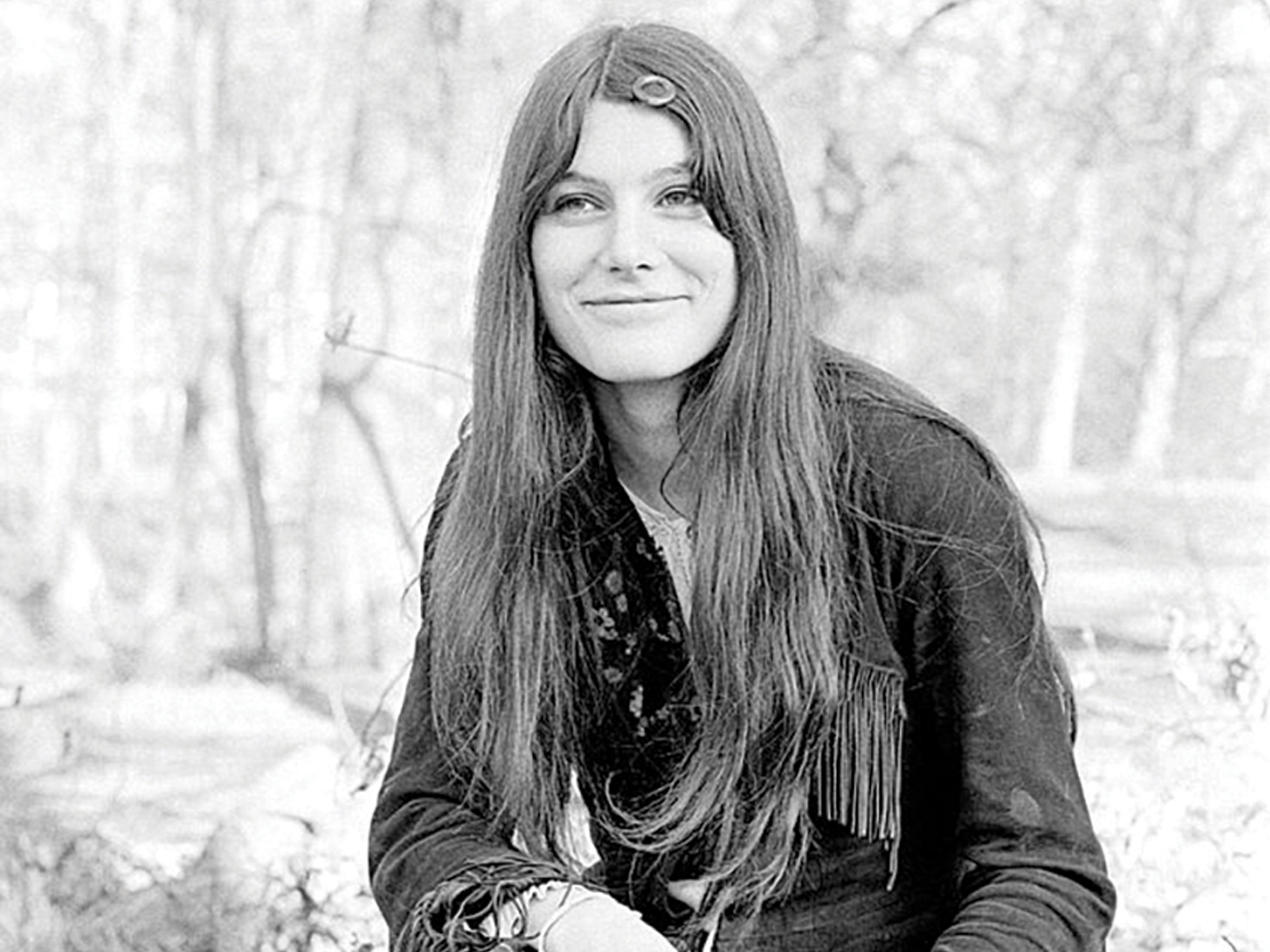
The next 10 years found Hole becoming a respected manager. With Jukes and Thomas, he operated GAMA out of an office in London’s Shepherd’s Bush. One of their first acts was Camel. Hole says, “Camel were the most successful recording artists that I managed – their touring was very successful and they had several big-selling albums.”
The band, formed in 1971, had been brought to Jukes’ attention by Mickie Most, who had worked with guitarist Andy Latimer through his session work. Jukes had signed Camel to MCA, yet after a largely unsuccessful album, the band signed to GAMA and to Decca.
“GAMA had a deal with Decca, handled by the late, wonderful Hugh Mendl,” says Hole. “We signed Camel to GAMA and we managed them, initially mainly Geoff, and latterly mainly me.”
The band’s album sleeve for Mirage looked suspiciously like a packet of Camel cigarettes and the American firm threatened legal proceedings unless the cover was altered. It was through this that GAMA did a sponsorship deal with Camel cigarettes, with limited edition packets being given away at shows, and their amplification was covered in Camel cigarette advertising.
Away from such flashy ideas, GAMA was all about the music: “I booked Martin Carthy into the University of Kent in 1970 and we became friends,” Hole says. “We still are friends 46 years later! I had dinner with him recently. In the 70s, he recorded for GAMA. I gave him the rights to those records back about six years ago.”
Carthy was one of England’s greatest folk songwriters and performers, as was GAMA’s other major act, Michael Chapman. The Yorkshireman is among the classic ranks of acts who never quite made it to the big time, despite having an enormous cult following.
“Michael was a very successful folk rock artist,” Hole says. “He had several successful albums in his first few years.”
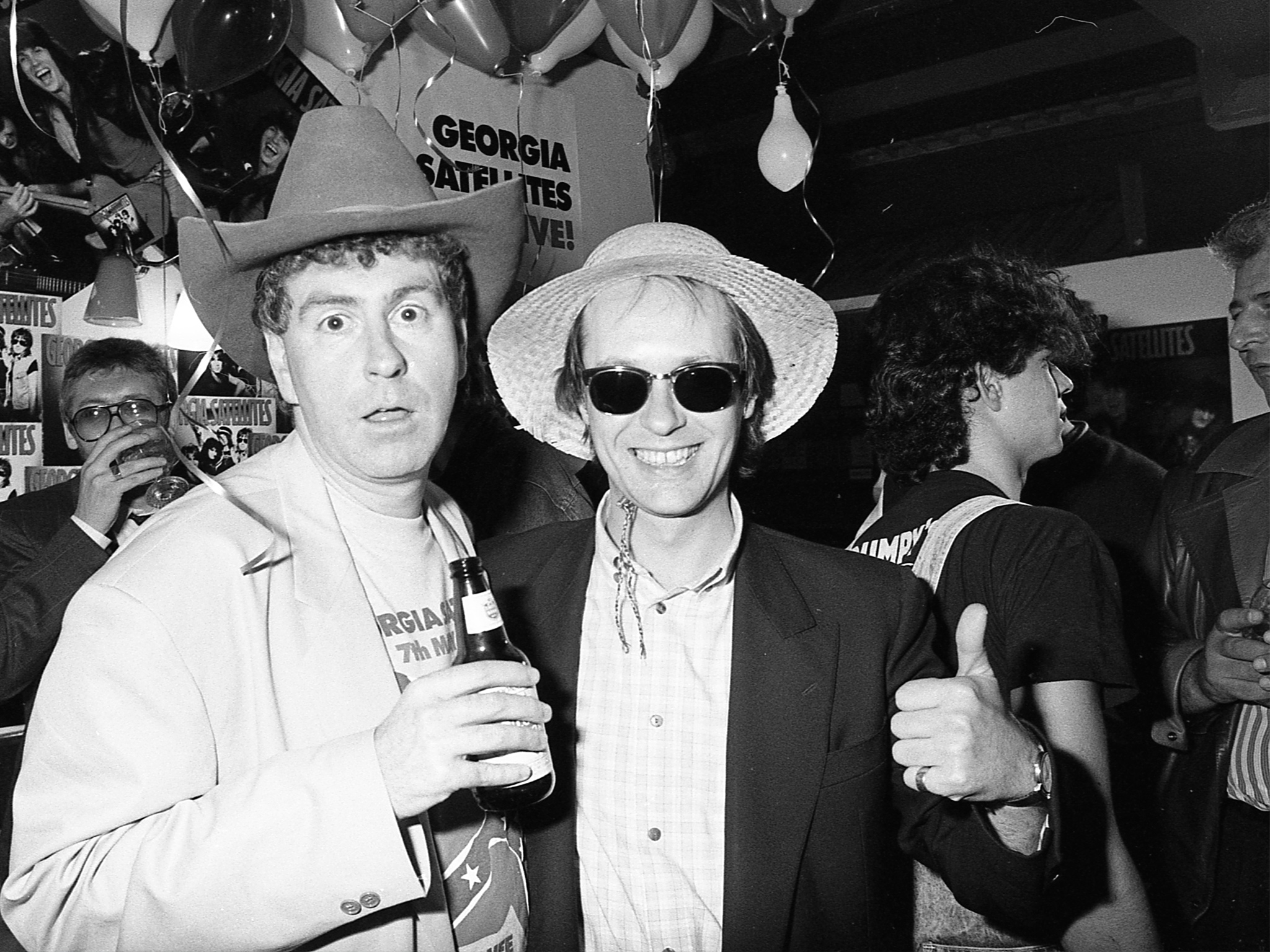
Hole oversaw many of his artists albums, such as Chapman’s 1976 work Savage Amusement, for which he drafted in Camel’s Andy Latimer on guitar. It was recorded at the Sawmills studio in Cornwall, and it seemed that all manner of high jinks ensued, as Charles Shaar Murray in the NME reported, with Hole lacerating his face on a tree and the producer – Memphis soul legend Don Nix – falling through foliage as well. But aside from that, Hole never lost his eye for business: “I was both a music enthusiast and a responsible business manager.”
It was these skills that would later make him a natural for the corporate world of the major record companies.
By the turn of 80s, GAMA seemed to have run its course. Geoff Jukes later managed Bob Geldof, Kate Bush and Underworld, and Richard Thomas took a position at Sony.
“It was a bit of a shambles,” Hole told Music Week in 2016. “We never had a really big band, but somehow did quite well. But the thing you worry about when you’re running your own company is financial trouble. Even though sometimes you had a winner, the money from the win went to paying stuff you hadn’t done in the past.”
Hole managed several successful producers, such as Chris Hughes, Ian Stanley and Ross Cullum, who worked with Tears For Fears. In 1982, Hole was approached to join Warners, where he became A&R manager. “I loved the change and the learning,” Hole states. “I worked initially at Warners for 16 years.”
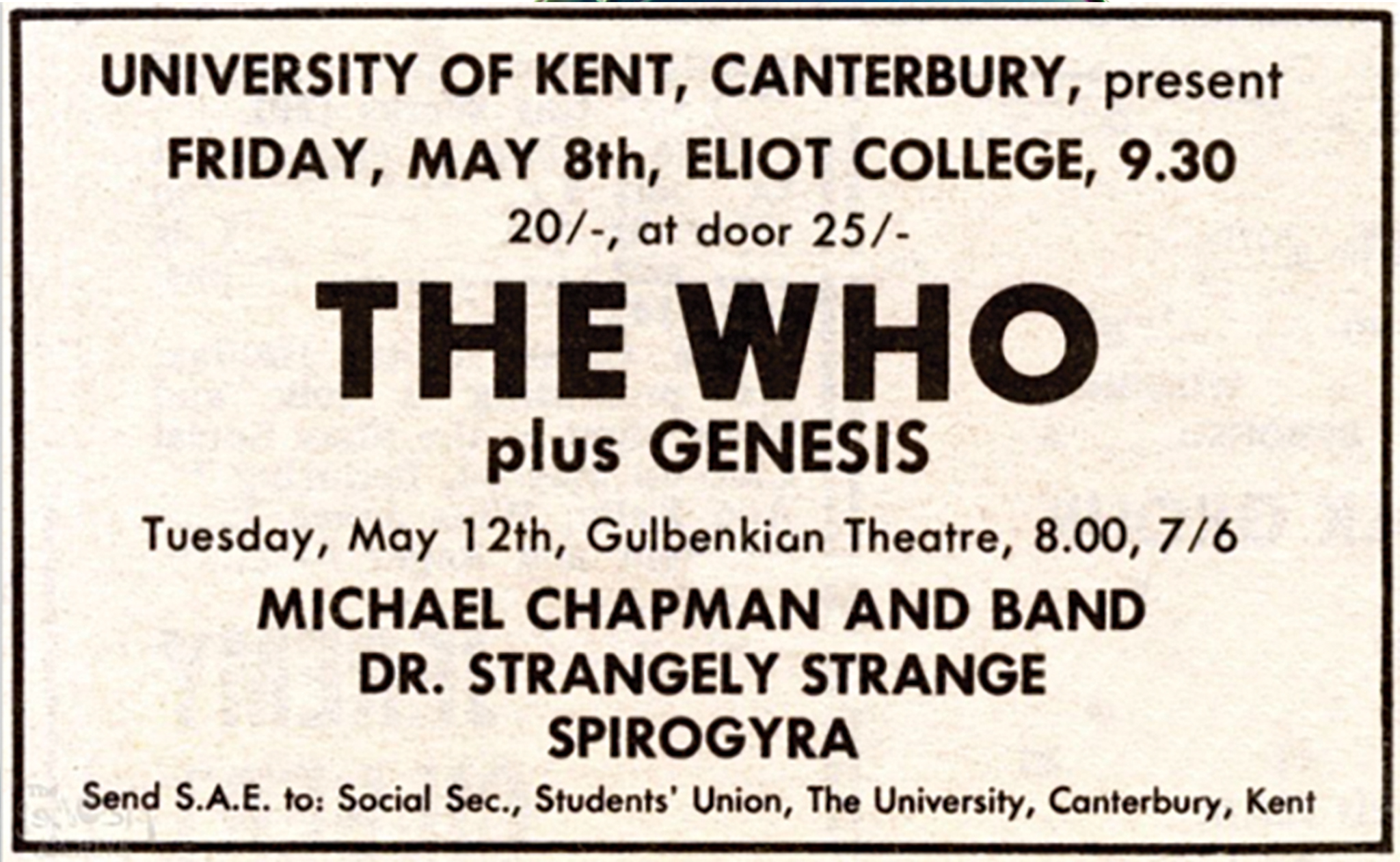
Hole went on to become MD of WEA and later become the founding MD of East West Records. It was here that he worked with old industry contacts such as former promoter and now executive Paul Conroy, whom Hole had first worked with when Conroy was at the Terry King Agency in the early 70s.
During his time at Warner, Hole was responsible for signing Howard Jones and Matt Bianco, worked closely with Chris Rea as he became an unlikely superstar, and helped mastermind Stars by Simply Red. Stars, an album that will forever be unfashionable, remains one of the UK’s biggest-selling albums, certified 12 times platinum. “And then I worked at Universal for 18 years,” Hole says.
He joined Universal Music Group International in 1998, initially employed as Senior Vice President of Marketing and A&R. He became chairman and CEO for Universal Music International For The World Excluding North America on the 00s, and nurtured a special relationship with Japan, which he had first visited with Camel in the 1970s. Hole was to develop the worldwide careers of Eminem, Taylor Swift and flamboyant classical artist André Rieu.
In the way things always seem to go full circle in the music industry, in 2012, Hole was instrumental in signing The Beatles to Universal after the company bought EMI.
“It was an incredible thrill for me to have been so closely involved in Universal getting most of EMI and at last, over 50 years later, we got my original wonderful group, The Beatles. Amazing!”
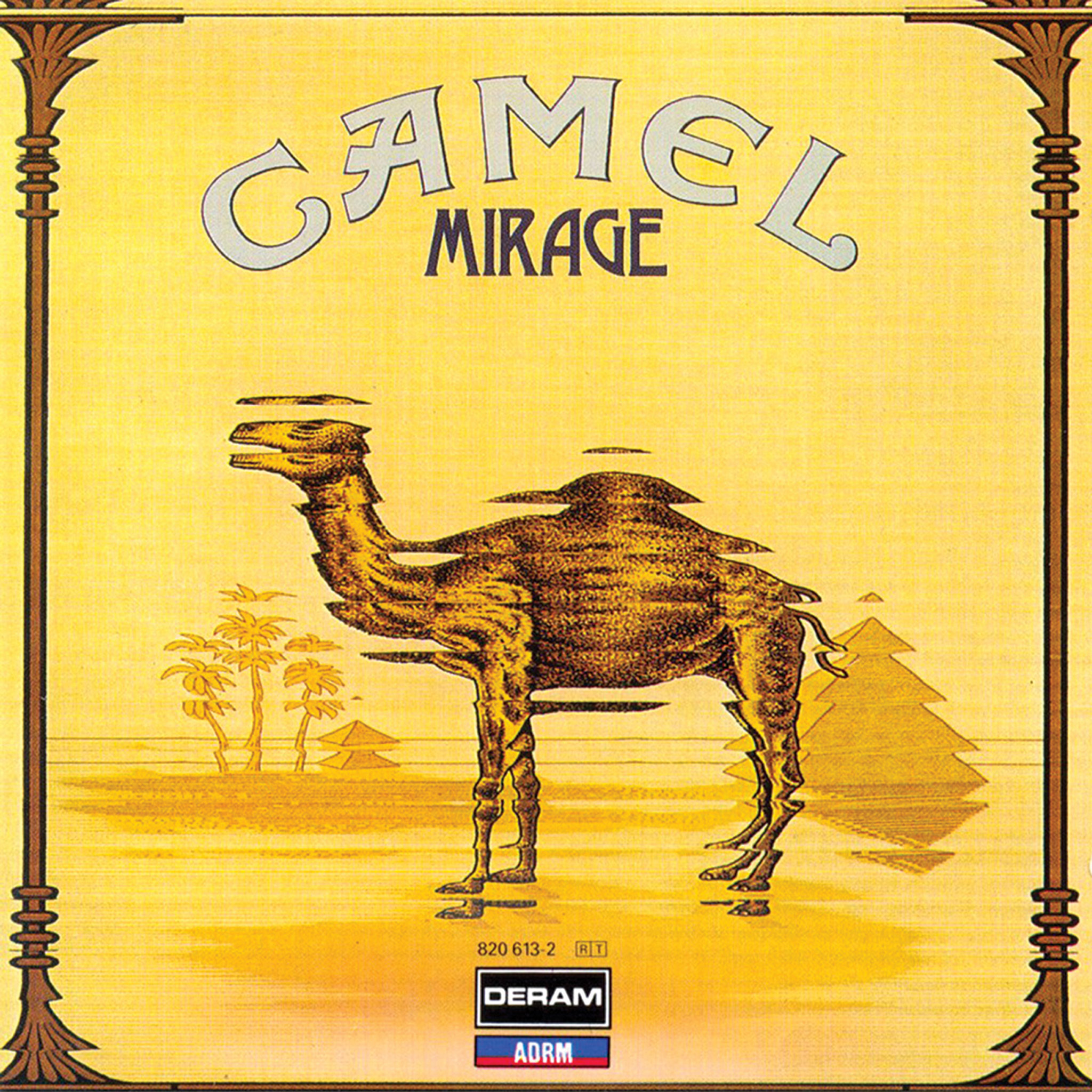
Another circular aspect of Hole’s career has been his love of The Who, the act he booked as an 18-year-old in 1970. He worked with the group at Universal, but also met his wife, comedian and impressionist Jan Ravens, through Pete Townshend.
It’s the happy enthusiast’s glee that has made Hole one of the most respected executives in the industry. He marked his retirement by being awarded one of the most prestigious gongs, the Strat (to sit alongside his 2015 MBE). Presented to Hole in front of all his industry peers at the Music Week Awards in April 2016, the trophy was named after another larger-than-life figure of Hole’s first era, Charisma label boss and Genesis manager Tony Stratton Smith (see Prog 66).
Now enjoying his retirement, Hole is clear on what provided his longevity. “The secret to my success has been loving music and working with the most talented people around the world – artists, producers and record company executives.”
When those talented people have included The Who, The Beatles, and the Stones, who have had a long-term relationship with Universal, you realise that Hole has worked with some of the greatest artists in the world. And it all started with Spirogyra, Michael Chapman and Camel.
HOLES IN ONE
MAX HOLE’S FIVE FAVOURITE RECORDINGS
1. Rubber Soul The Beatles, Parlophone, 1965
2. Revolver The Beatles, Parlophone, 1966
3. Who’s Next The Who, Track, 1971
4. The Last Ship Sting, Cherrytree/A&M, 2013
5. Court And Spark Joni Mitchell, Asylum, 1974
MAXIMUM ENTERTAINMENT
MAX HOLE’S FAVOURITE SHOWS
1. The Who: Canterbury University, May 1970. Promoted by Hole, it gave the green light for his career in music.
2. The Who: SSE Arena, Wembley, February 2016, on their 50th Anniversary tour. By now Hole had retired after working with the band at a senior level for many years.
3. The Beatles: London, 1965.
4. Joni Mitchell: Royal Festival Hall, London, 1970.
5. Martin Carthy: Loads of times over the past 40 years!
The Managers That Built Prog: Gail Colson - the woman behind Peter Gabriel
The Managers That Built Prog: Dave Margereson, the man behind Supertramp
Tape decks, drugs and Abbey Road: how The Beatles’ Revolver revolutionised rock
Daryl Easlea has contributed to Prog since its first edition, and has written cover features on Pink Floyd, Genesis, Kate Bush, Peter Gabriel and Gentle Giant. After 20 years in music retail, when Daryl worked full-time at Record Collector, his broad tastes and knowledge led to him being deemed a ‘generalist.’ DJ, compere, and consultant to record companies, his books explore prog, populist African-American music and pop eccentrics. Currently writing Whatever Happened To Slade?, Daryl broadcasts Easlea Like A Sunday Morning on Ship Full Of Bombs, can be seen on Channel 5 talking about pop and hosts the M Means Music podcast.
